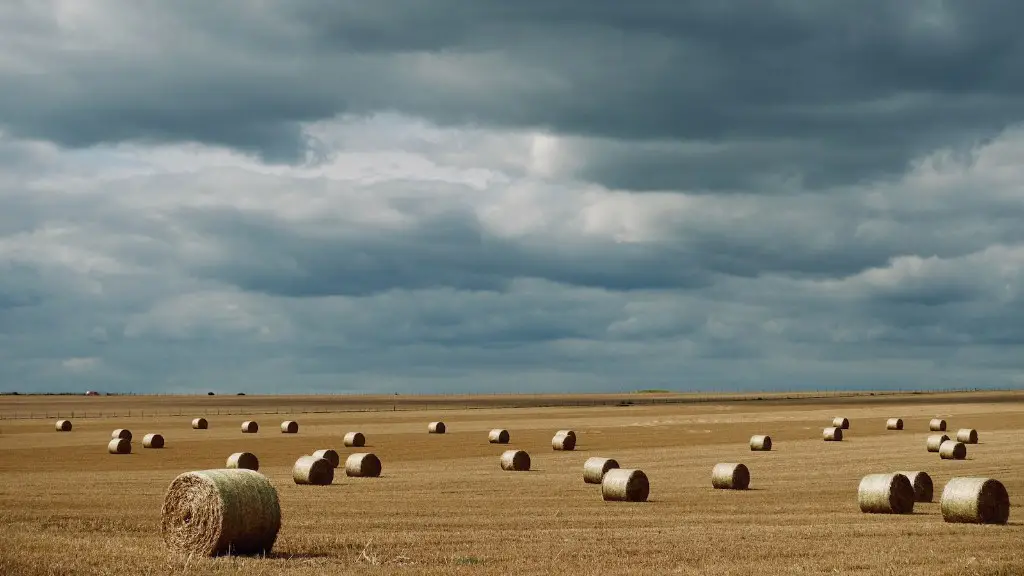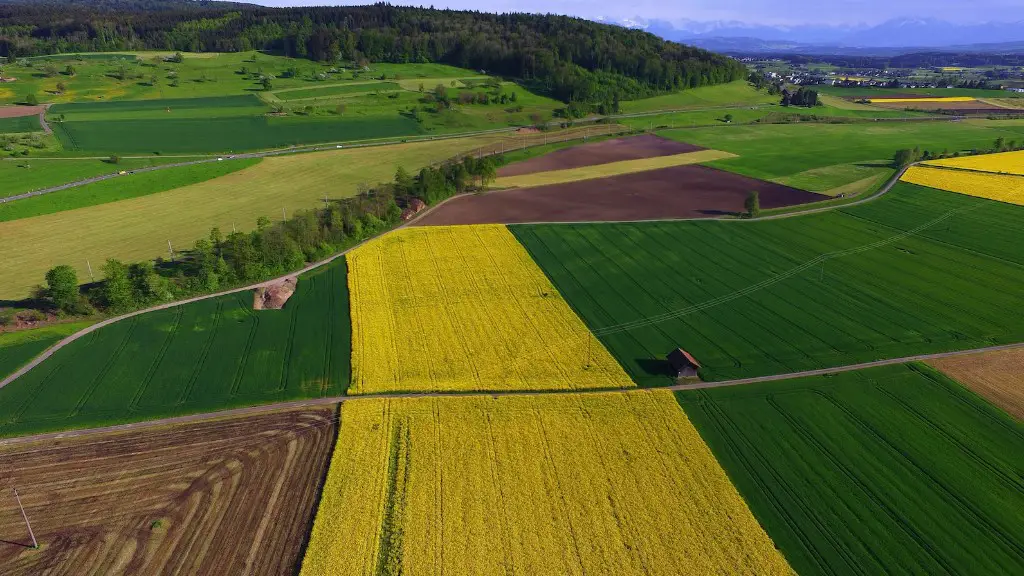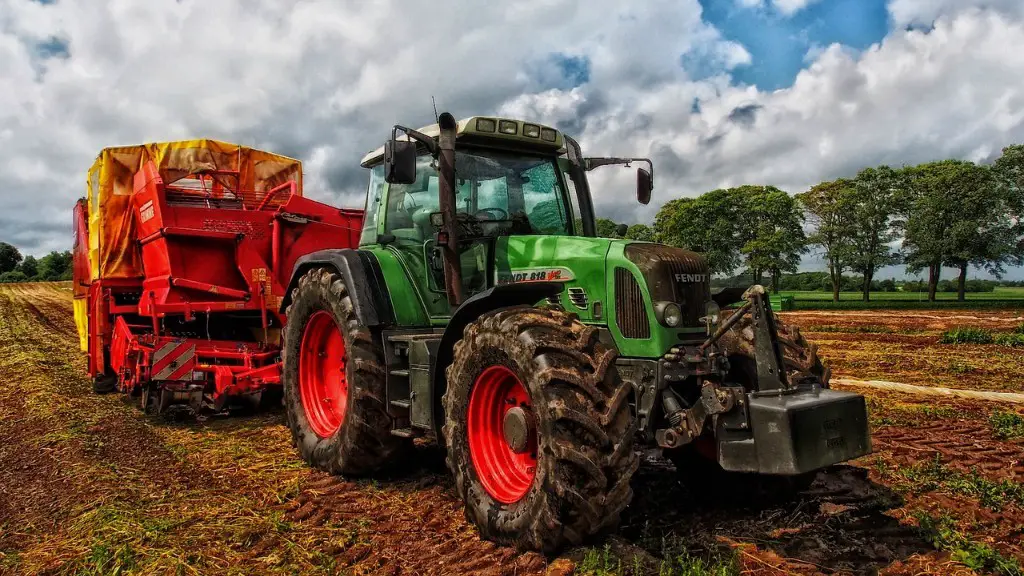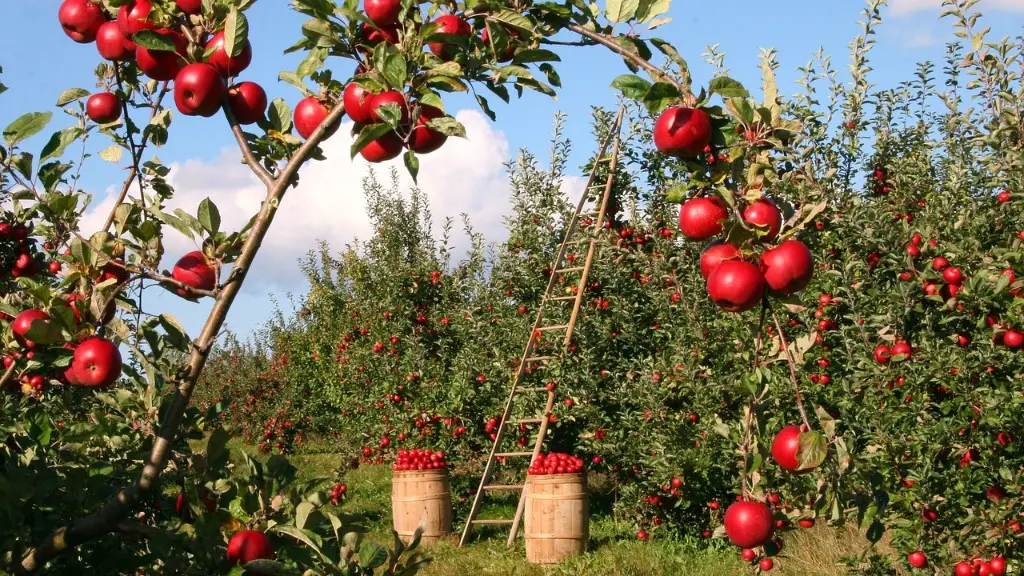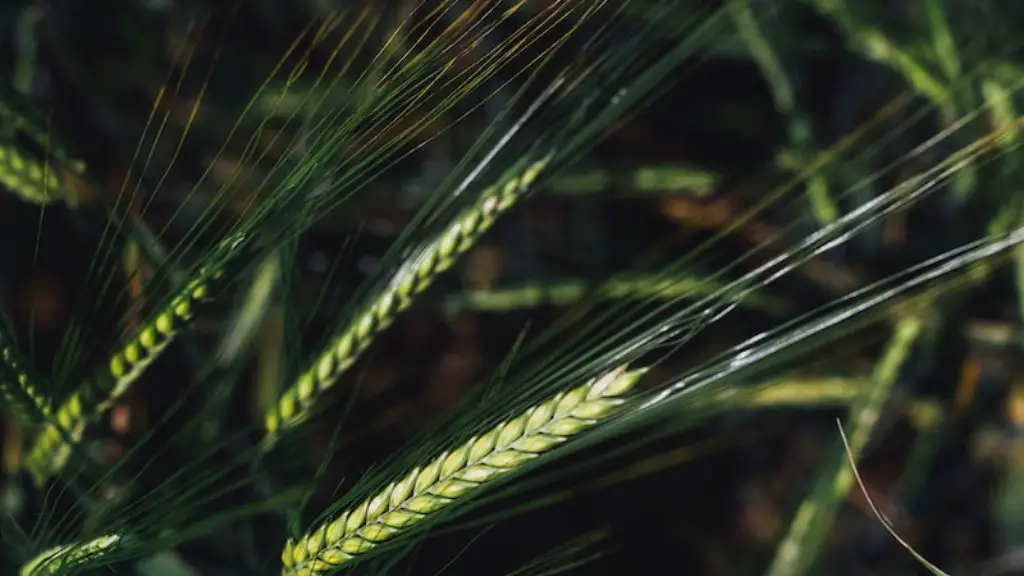Investing in agriculture in Africa can be a profitable and sustainable way to support the continent’s economic growth and development. The African agricultural sector is expected to grow by 2.4% per year between 2010 and 2050, and the continent has the potential to become a major food producer for the world.
There are a number of ways to invest in agriculture in Africa, including through agricultural commodity funds, investing in African agricultural companies, or directly in African farmland. However, it is important to do your research and due diligence before investing, as there are risks involved.
The potential rewards of investing in agriculture in Africa are significant, and with the right approach, investors can support the continent’s economic growth while also generating healthy returns.
The best way to invest in agriculture in Africa is to purchase farmland or invest in an agricultural company that owns or operates farmland in the continent. Another way to invest in the sector is to buy shares of an agricultural company that is listed on a stock exchange.
What is the best way to invest in agriculture?
Agriculture is a vital sector of the economy, and there are a few different ways that investors can put their money into this industry. One way is to invest in publicly-traded companies that provide services to the farming industry. This can include companies that make and sell equipment, provide crop insurance, or process and ship food. Another way to invest in agriculture is through exchange-traded funds (ETFs) or mutual funds that focus on this sector. These can provide diversification and professional management. A third way to invest is through farm real estate investment trusts (REITs), which own and operate farmland. And finally, investors can also buy and sell commodities such as corn, soybeans, and wheat on the futures market. Each of these options has its own risks and rewards, so it’s important to do your research before investing.
Africa has a lot of potential for agricultural production. South Africa and Nigeria are the two largest countries in Africa in terms of agricultural land. They have a lot of experience and expertise in this field. However, agricultural production varies significantly across African countries. Some countries are more productive than others. Some countries produce more of certain crops than others. The volume of production also varies widely. Africa has a lot of potential for increased agricultural production. With the right policies and investments, African countries can significantly increase their agricultural output.
What is the most profitable agricultural commodity in Africa
Africa is a continent with a rich and diverse history of agriculture. From the early days of subsistence farming to the modern era of large-scale commercial agriculture, the continent has always been a major producer of crops. Today, Africa is home to some of the world’s most important cash crops. Here are the top 20 cash crops in Africa, based on production in 2019:
1. Sugar cane: 973 million tonnes
2. Maize: 819 million tonnes
3. Yams: 724 million tonnes
4. Rice, paddy: 388 million tonnes
5. Sorghum: 383 million tonnes
6. Millet: 280 million tonnes
7. Cassava: 275 million tonnes
8. Cocoa beans: 258 million tonnes
9. Groundnuts: 222 million tonnes
10. Sweet potatoes: 210 million tonnes
11. Oil palm fruit: 206 million tonnes
12. Tea: 158 million tonnes
13. Coffee: 152 million tonnes
14. Bananas: 115 million tonnes
15. Sesame: 113 million tonnes
16. Cotton: 110 million tonnes
17. Rubber: 109 million tonnes
18. Soybeans: 91 million tonnes
19. Tobacco: 74 million tonnes
20. Wheat
Africa is a continent with a lot of potential for growth and development. This is especially true in the financial sector, where there is a growing demand for services such as banking, insurance, mobile payments, and loans and credit. The continent is also home to a number of other sectors with high growth potential, such as health care and information communications technology (ICT).
Which agriculture is most profitable?
Dairy farming is an excellent way to make a profit from your agricultural business. Not only does it produce milk, but it also produces manure, which is high in demand all year round. In addition, dairy products such as cheese, curd, and cream are also in high demand, making dairy farming a great way to earn a consistent income.
Crops are a vital part of any farm or homestead. They provide food, income, and a way to sustain your lifestyle. But not all crops are created equal. Some are more profitable than others.
Here are 13 of the most profitable crops to grow:
1. Mushrooms
Mushrooms are a versatile crop that can be used in a variety of dishes. They’re also relatively easy to grow, making them a great option for beginner farmers.
2. Microgreens
Microgreens are nutrient-dense greens that are harvested when they’re just a few inches tall. They’re popular with chefs and home cooks alike, and can be grown year-round.
3. Ginseng
Ginseng is a root that has been used for centuries in traditional Chinese medicine. It’s a slow-growing crop, but can be very profitable.
4. Lavender
Lavender is a popular aromatic herb that is used in a variety of products, from soaps to perfumes. It’s also a drought-tolerant crop, making it a good option for farmers in dry climates.
5. Saffron
Saffron is a spice that
Is agriculture profitable in Africa?
The agricultural business in Africa has a lot of potential and is expected to reach US$1 trillion by 2030. This makes it a very lucrative industry, ideal for anyone hoping to generate a good income. The African Development Group is confident that the agricultural business in Africa has a lot of potential and will continue to grow in the future.
Agriculture is a vital part of the South African economy, accounting for around 10% of GDP and employing over 3 million people. The country is a major producer of maize, wheat, sugarcane, fruits, and vegetables, as well as livestock such as cattle, sheep, and poultry.
South Africa has a diverse climate and geography, which contributes to its high agricultural productivity. The country has access to both temperate and tropical climates, as well as a wide variety of soils. This allows for the cultivation of a wide range of crops, including maize, wheat, sugarcane, fruits, and vegetables.
The South African government is committed to supporting the country’s agricultural sector, and has invested billions of rand in infrastructure and research and development. The government has also implemented policies to encourage black farmers to enter the sector.
The South African agricultural sector is facing a number of challenges, including climate change, water shortages, and land reform. However, the sector remains a key part of the economy and plays an important role in food security.
Which country is richest in farming
The world’s top four food-producing countries share many advantages, including large populations, ample land area, and climate zones suitable for growing a variety of crops. However, there are also major differences in the role that food production plays in their economies.
China and India are both large countries with large populations. However, food production plays a much larger role in the economy of India than it does in China. In India, the agricultural sector employs a large percentage of the population and accounts for a significant share of the country’s GDP. In contrast, the agricultural sector in China accounts for a relatively small share of the country’s GDP.
The US and Brazil are both large countries with ample land area. However, food production plays a much larger role in the economy of the US than it does in Brazil. In the US, the agricultural sector employs a small percentage of the population but accounts for a significant share of the country’s GDP. In contrast, the agricultural sector in Brazil employs a large percentage of the population but accounts for a relatively small share of the country’s GDP.
Africa is home to some of the world’s most profitable mineral resources, including gold and diamonds. African nations have long been major producers of these valuable commodities, and they continue to play a significant role in the global marketplace. African gold and diamond mines are largely responsible for the continent’s reputation as a major source of these precious materials.
What are the most profitable vegetables to grow in Africa?
The vegetables most in-demand in South Africa are lettuce, chicory, pumpkins, tomatoes, and carrots. Many types of leafy vegetables are also in high demand. There is also a strong market and demand for oilseed.
Grapes are produced in northern Africa and South Africa for the making of wine for European markets. Cereals and grains are produced in Africa mostly for the consumption of the African people. Corn has the widest distribution in Africa and is being grown in virtually all ecological zones.
Which industry is booming in Africa
The African continent is home to some of the fastest growing industries in the world. Here are 10 of the most promising sectors for investment and growth:
1. Fishing industry: With a vast coastline and numerous inland waterways, Africa has huge potential for developing its fishing industry. The sector is currently worth $4 billion and is expected to grow rapidly in the coming years.
2. Textile industry: Africa is one of the world’s leading producers of cotton, with countries like Egypt and Ethiopia leading the way. The continent’s textile industry is worth $33 billion and is expected to grow considerably in the future.
3. Mining industry: Africa is rich in minerals and metals, including gold, diamonds, copper, cobalt, and iron ore. The mining sector is currently worth $160 billion and is expected to grow significantly in the coming years.
4. Infrastructure industry: With numerous large-scale infrastructure projects underway, Africa’s infrastructure industry is booming. The sector is currently worth $65 billion and is expected to grow rapidly in the future.
5. Agriculture industry: With vast tracts of arable land, Africa has great potential for developing its agriculture sector. The sector is currently worth $313 billion and
There are a few different ways for individual investors to gain access to African shares. The easiest way is to invest in regional ETFs or mutual funds that specialize in Africa. Another option is to invest in ADRs of corporations that do business in Africa.
Is Africa worth investing in?
Long-term investments are essential to building the infrastructure required for Africa’s continued economic growth. These investments can help to create jobs, spur innovation, and drive economic activity. By providing the resources needed to support these activities, long-term investors can play a critical role in Africa’s development.
Livestock can be a great way to generate income from your land. Animals have a few more expenses than other types of farming, but they usually bring in more money in terms of net income. Here are just some of the ways you can make money with livestock:
-Selling the animals for meat
-Selling the animals for their hide or fur
-Selling the animals for their milk or eggs
-Selling the animals for their manure
Who is No 1 in agriculture
These are the top Agricultural Producing Countries in the world. The United States produces the most almonds, while China produces the most apples. Turkey produces the most apricots, and Mexico produces the most avocados.
Agriculture is a great opportunity for anyone looking to make an income. There are many different career options in agriculture, and with the world always changing, there are now ways to make money from agriculture without even owning a farm or being present on the farm. This makes it a great option for anyone looking for a flexible career.
Warp Up
Step 1: Do your research
Before investing in anything, it’s important to do your research and understand the risks involved. The same is true for investing in agriculture in Africa. There are many factors to consider, such as the political and economic stability of the country or countries you’re looking to invest in, the type of agriculture you’re interested in, and the potential return on investment.
Step 2: Identify your goals
Why do you want to invest in agriculture in Africa? What are your goals? Are you looking to support small-scale farmers? Make a difference in rural communities? Or simply make a profit? Knowing your goals will help you choose the right investment.
Step 3: Consider your options
There are many ways to invest in agriculture in Africa. You can choose to invest in large-scale commercial farms, small-scale operations, or even agroforestry projects. You can also invest in agricultural companies that operate in Africa, or in Africa-focused agricultural funds.
Step 4: Understand the risks
Investing in Africa comes with a certain level of risk. Political instability, economic volatility, and natural disasters are all potential risks that need to be considered. But with
The agricultural industry in Africa is expected to grow significantly in the coming years, making it an attractive option for investors. There are many ways to invest in agriculture in Africa, including purchasing farmland, investing in agricultural companies, and providing financing to small businesses. With careful research and planning, investors can take advantage of the opportunities in the African agricultural market to earn a healthy return on their investment.

